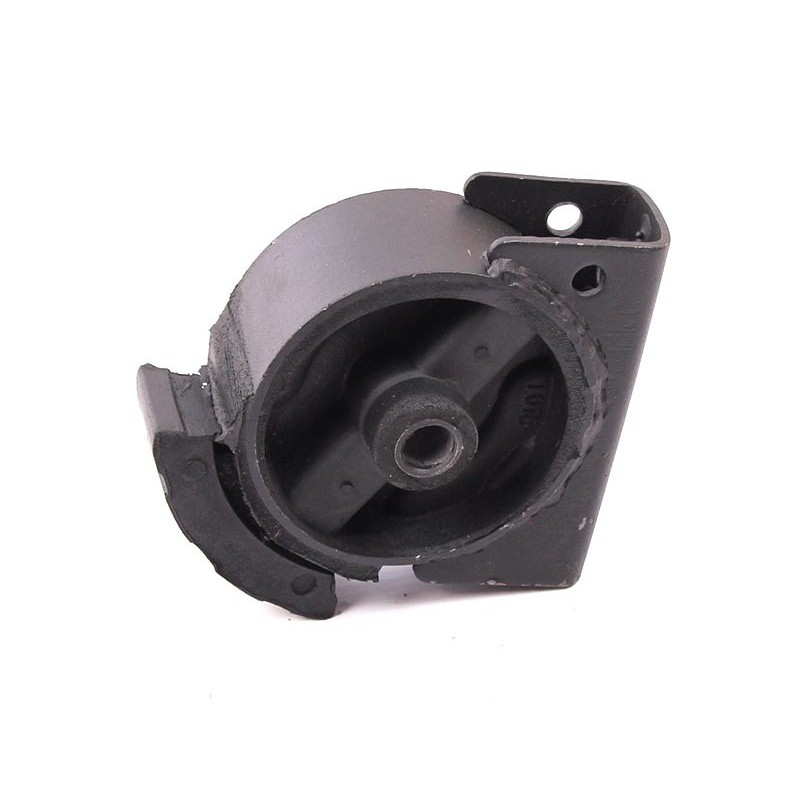Engine Purchasing Professional Tips on Picking the Right Engine for Your Details Requirements
Choosing the best engine for your details demands includes a complicated interplay of variables that go beyond mere horsepower figures. By diving into the intricacies of power versus performance, examining gas scores, and budgeting for long-term prices, one can genuinely optimize their engine option.
Power Vs. Effectiveness: Discovering the Balance
When selecting an engine, it is essential to strike an equilibrium between power and performance to fulfill your certain requirements successfully. Power describes the engine's ability to generate power for propulsion, establishing aspects like acceleration, towing ability, and general performance (Toyota Tazz Engine For Sale). On the various other hand, effectiveness relates to just how well the engine uses gas to create power, affecting factors such as gas economic situation and environmental kindness
Attaining the right equilibrium between power and performance is vital because an engine that is too powerful may eat extreme gas, causing greater operating costs and unneeded strain on the atmosphere. Conversely, an engine that focuses on efficiency over power may lead to slow-moving performance, specifically popular circumstances like towing heavy loads or driving uphill.
To make a notified choice, consider aspects such as your typical driving conditions, the intended usage of the vehicle, and your individual choices. By assessing your top priorities and requirements, you can pick an engine that strikes the ideal equilibrium in between power and performance, guaranteeing optimal efficiency while decreasing environmental impact and operating expenses.
Recognizing Engine Dimension and Type

Furthermore, engine kind plays a vital duty in figuring out the performance characteristics of an engine. Common engine types include inline engines, V engines, and rotary engines, each with its distinct advantages and disadvantages. The engine type affects elements such as the engine's size, weight distribution, and power distribution. Recognizing the interaction in between engine dimension and type is important in selecting an engine that lines up with your details demands and concerns, whether it be power, efficiency, or an equilibrium of both.
Consider Your Automobile's Demands
If you are looking for an engine for a durable vehicle that will be used for towing, you will require an effective engine with high torque capacities. On the other hand, if you are picking an engine for a small auto primarily utilized for city travelling, gas performance may be an extra essential factor to consider.

Examining Fuel Effectiveness Ratings
Assessing fuel performance ratings is a vital facet of choosing the best engine for your car, guaranteeing cost financial savings and ecological sustainability. Fuel efficiency ratings, typically gauged in miles per gallon (MPG) for gas engines or kilowatt-hours per 100 miles (kWh/100 miles) for electric engines, show how much an automobile can travel on a specific quantity of gas or electrical energy. Higher MPG or reduced kWh/100 miles worths represent more reliable engines, equating to reduced gas prices and reduced carbon emissions.
When evaluating gas effectiveness ratings, consider your driving behaviors and requirements. A highly fuel-efficient engine can result in substantial cost savings over time if you commute long ranges daily. Additionally, contrast different engine alternatives within the same automobile class to site web recognize the most affordable choice. Aspects such as engine size, weight, aerodynamics, and crossbreed or electric abilities can all affect fuel efficiency.
Budgeting for Long-Term Costs
Purposefully intending for lasting costs is essential when choosing an engine, guaranteeing monetary sustainability over the car's lifespan. While the initial acquisition rate of an engine is a substantial factor, it is crucial to take into consideration the lasting prices connected with maintenance, repairs, and gas intake.
Furthermore, researching the schedule and price of substitute components for the picked engine is crucial in budget plan planning. By very carefully budgeting for these long-term costs and factoring them right into the decision-making process, people can pick an engine that not only fulfills their immediate requirements yet also stays cost-effective throughout its life expectancy.
Verdict
In final thought, choosing the right engine for your particular requirements calls for balancing power and effectiveness, comprehending engine size and type, considering your automobile's needs, assessing fuel effectiveness rankings, and budgeting for lasting costs. By very carefully taking into consideration these factors, you can guarantee that you select an engine that fulfills your demands and gives ideal efficiency for your automobile.
To better refine the selection process of an engine that strikes the optimal balance between power and effectiveness, it is essential to delve into the intricacies of understanding engine size and type. Engine size refers to the complete quantity of air and gas that can be pressed via the engine cyndrical tubes. Usual engine kinds consist of inline engines, V engines, and rotary engines, each with its special benefits and disadvantages. Comprehending the interplay between engine size and type is straight from the source essential in selecting an engine that lines up with your particular needs and priorities, whether it be power, efficiency, or a balance of both.
Gas effectiveness scores, normally measured in miles per gallon (MPG) for fuel engines or kilowatt-hours per 100 miles (kWh/100 miles) for electrical engines, show exactly how far a lorry can travel on a specific quantity of gas or electrical energy.